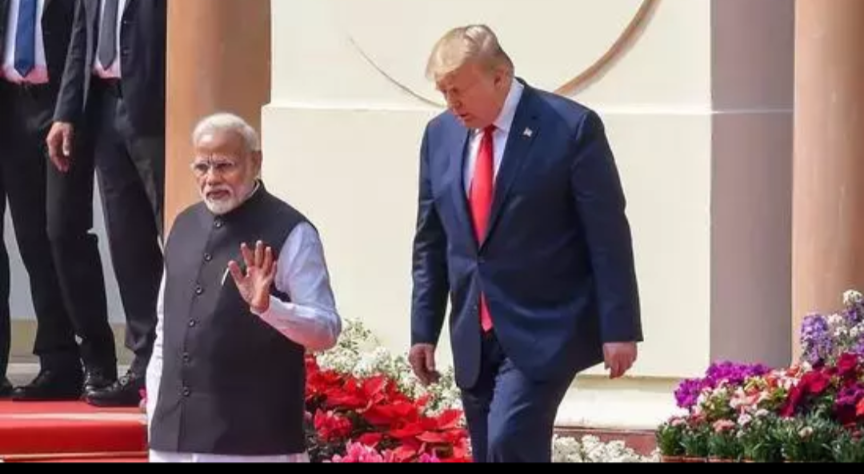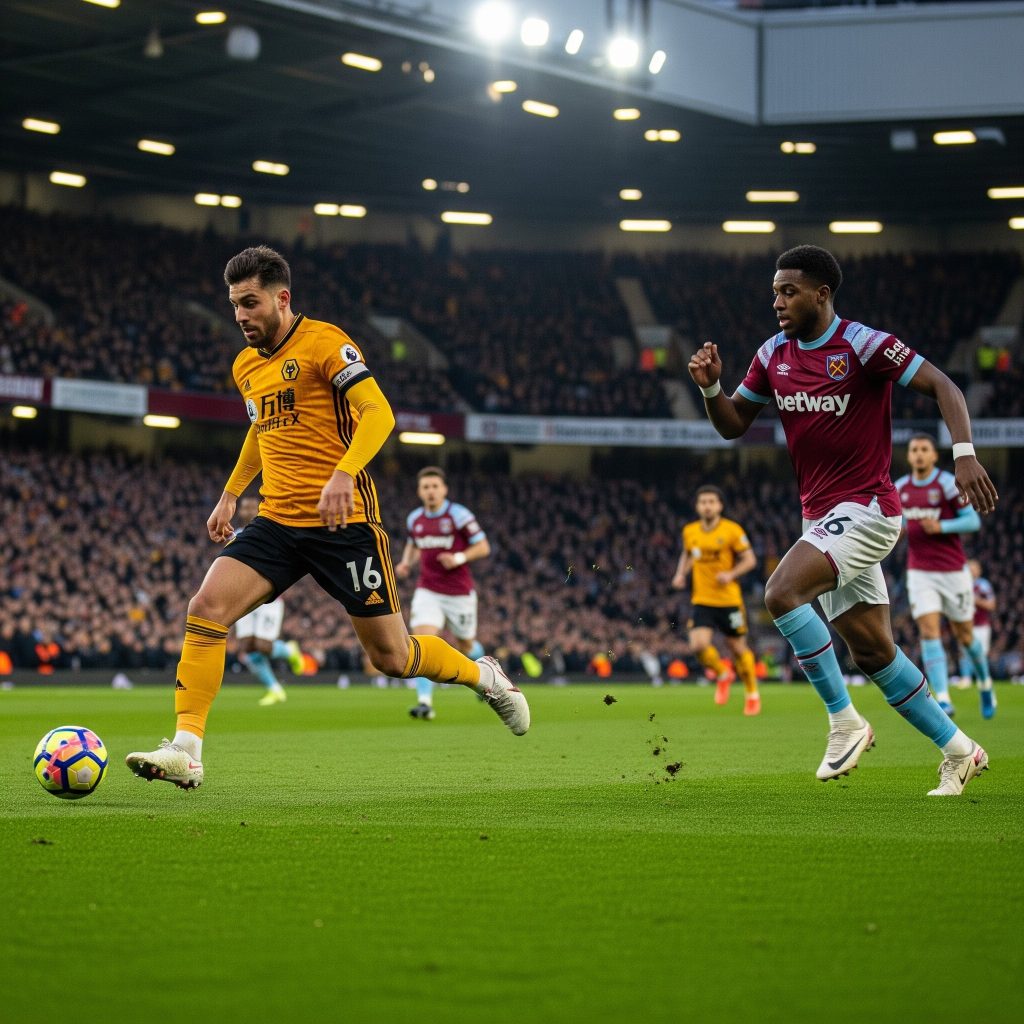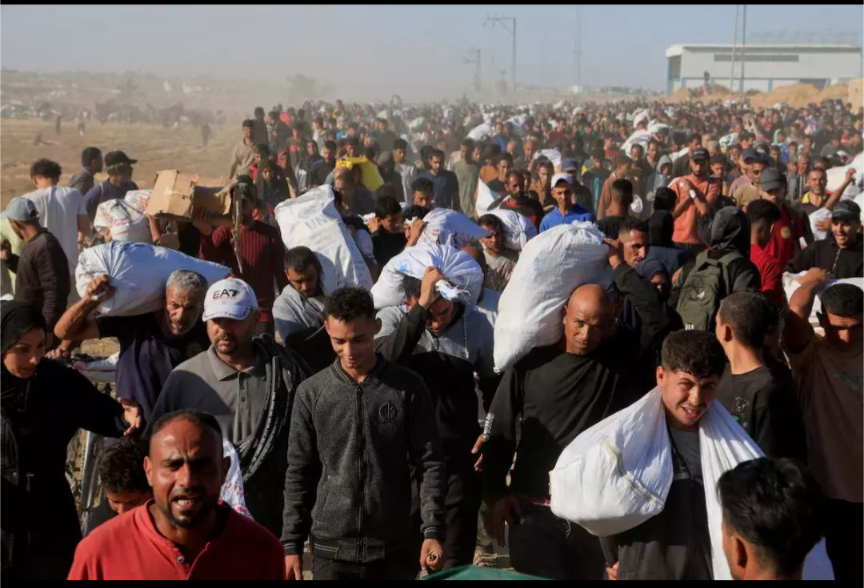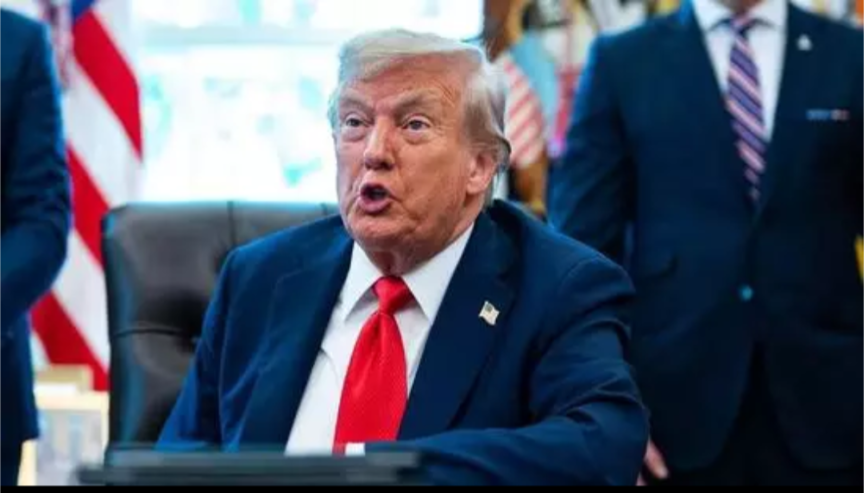Trump sought a Nobel Prize nomination from PM Modi and denied involvement in India-Pakistan conflict during a phone call, claims report.
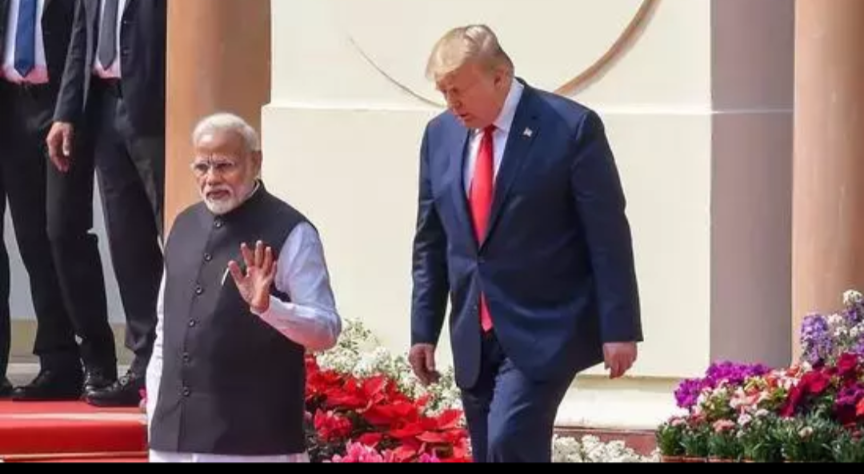
Tensions between Indian Prime Minister Narendra Modi and U.S. President Donald Trump have escalated dramatically in recent months. A key flashpoint: during a June 17 phone conversation, Trump reportedly claimed he secured a ceasefire between India and Pakistan and asked Modi to nominate him for the Nobel Peace Prize—only to be met with a blunt refusal from the Indian leader, who rejected the U.S. role entirely.
This exchange—and the broader breakdown in diplomatic rapport—sheds light on the fragility of high-level relationships and political ambitions. For more on diplomatic friction and political fallout, you might also enjoy:
- Trump Cancels India Quad Summit Visit
- Meta’s Flirty Celebrity Chatbot Controversy
- Elon Musk Reacts to UK Abuse Case
The June Call: Nobel Request and Diplomatic Rebuff
Trump’s Assertion
During the June 17 call, Trump purportedly stated that he had facilitated a ceasefire between India and Pakistan. He mentioned that Pakistan would nominate him for a Nobel Peace Prize and subtly suggested that Modi should follow suit ([turn0news16], [turn0search1]).
Modi’s Rejection
Modi responded with clarity: India arranged the ceasefire through direct military dialogue, not U.S. involvement. He rejected both the claim and the Nobel pitch. His refusal reportedly stirred frustration, marking a clear diplomatic roué. ([turn0news16], [turn0search1], [turn0search3], [turn0search2])
Consensus Shift
This phone call is widely considered a turning point. Since then, ties between the two leaders have cooled, culminating in Trump canceling his trip to India for the Quad Summit and imposing punitive tariffs on Indian exports. ([turn0news25], [turn0search7], [turn0search3])
Geopolitical Fallout & Trade Fallout
Tariff Retaliation
Shortly after the contentious phone call, Trump implemented a harsh 25% tariff on Indian goods, followed by an additional 25% penalty for India’s purchase of Russian oil—effectively doubling the tariff to 50%. Many interpreted this as punitive, a reaction to India’s rebuff rather than sound trade policy. ([turn0search3], [turn0search1], [turn0search27])
Strategic Divergence
The fallout extends beyond tariffs. India is reportedly leaning more heavily into partnerships with Russia and China, underscoring a shift toward strategic autonomy away from U.S. alignment. ([turn0news25], [turn0search27])
Nobel Ambitions: Broader Context
Trump’s Peace Claims
Trump’s self-promotion extends across multiple theaters: he claims to have brokered peace in Ukraine, Iran, Israel, Armenia, Azerbaijan, and even India–Pakistan—framing himself as a global statesman deserving of the Nobel Peace Prize. ([turn0news24], [turn0news20], [turn0news22], [turn0search10])
Resistance from the Nobel Committee
Despite public lobbying and some international endorsements (including from Pakistan’s ruling party), opinions within the Norwegian Nobel Committee remain skeptical. At least three of the five members have criticized Trump’s approach and leadership. ([turn0news20], [turn0news22])
Pakistan’s Nomination
Pakistan officially announced its intent to nominate Trump for the 2026 Nobel Peace Prize over his alleged role in the India–Pakistan ceasefire—just days before condemning his later decision to approve U.S. strikes in Iran. This contradiction drew criticism from global observers. ([turn0search26], [turn0news23])
Internal Dissent
Even within his circles, support is wavering. Ukrainian lawmaker Oleksandr Merezhko retracted his backing, citing concerns over Trump’s policies toward Russia and lack of sustained commitment to peace processes. ([turn0news23])
Diplomatic Implications & Future Outlook
Erosion of Trust
Leaders never meant to be figureheads; trust and goodwill matter. Modi’s blunt refusal to entertain the Nobel request—combined with structural policy disagreements—exposed a widening gulf. ([turn0news25], [turn0search31])
Indian Position
India continues to reaffirm that no third party was involved in the ceasefire and wants to ensure its sovereignty and narrative remain intact. ([turn0search27], [turn0search14])
U.S. Strategy
Trump’s desire for accolades may be blurring into diplomacy, potentially alienating partners and undermining America’s moral standing. As critics have noted, the chase for a Peace Prize risks overshadowing genuine peacemaking. ([turn0news24], [turn0search26])
What Comes Next?
- Quad Summit Fallout: The cancellation by Trump may impact Indo-Pacific security cooperation.
- Trade Pressures: Business sectors continue to feel the strain from doubled tariffs.
- Narrative Battles: Both governments will likely continue to shape public narratives around credit for de-escalation.
- Nobel Prospects: Trump’s nomination faces skepticism due to geopolitical controversies and thin support within the Nobel committee.
Conclusion
Trump’s attempt to secure a Nobel Peace Prize via a direct pitch to PM Modi—after claiming credit for the India–Pakistan ceasefire—backfired spectacularly. Modi’s firm rejection not only stoked tensions but also exposed how political vanity and diplomacy can clash in high-stakes international affairs.
This episode underscores the importance of narrative control in diplomacy and the costs of grandstanding in complex political landscapes.
